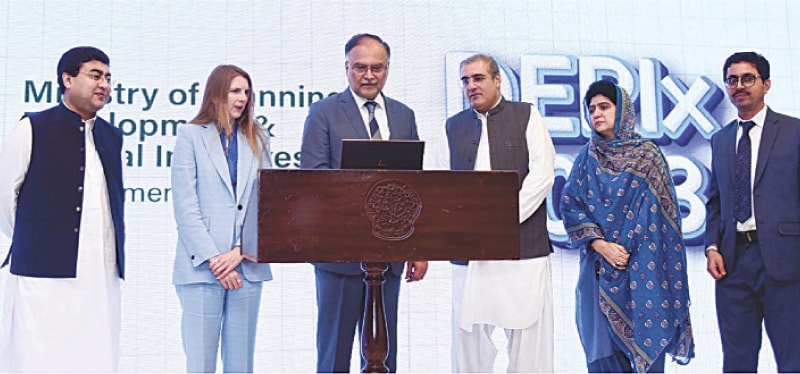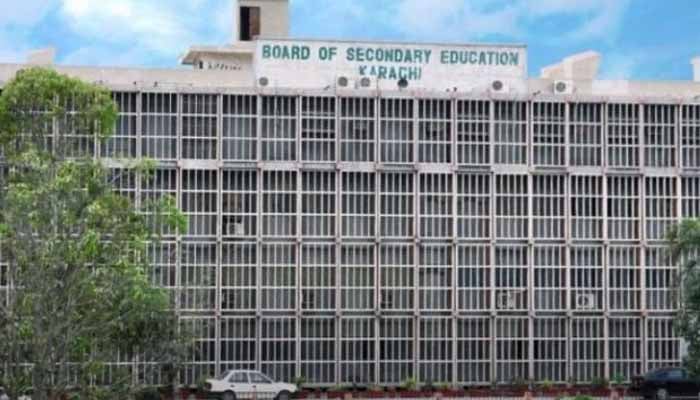FUTURE

A recently released official report has placed Pakistan’s education system in the 'low' performance category, highlighting significant areas that require immediate attention to improve educational outcomes. The District Education Performance Index (DEPIx) Report 2020-23, issued by the Planning Commission, revealed that the national average score stands at 53.46, signaling critical challenges within the system.
The report, structured across five key domains—Infrastructure and Access, Learning, Inclusion (Equity and Technology), Governance and Management, and Public Financing—found that public financing scored the lowest, underscoring the need for increased and better-targeted spending. Learning outcomes also fared poorly, reflecting ongoing issues with the quality of education students receive.
Despite some progress in infrastructure and access, which scored the highest among the domains at 58.95, other areas such as governance and management remain concerning. Persistent teacher shortages and high bureaucratic turnover contribute to the system's struggles, placing the domain in the 'low' performance category.
The DEPIx report also highlighted stark regional disparities. Punjab emerged as the top-performing province with a composite score of 61.39, while Balochistan lagged far behind with a score of 45.70. Alarmingly, none of Pakistan's 134 districts fell into the 'very high' performance category, and more than half of the districts were classified as 'low' performers, particularly in Balochistan and Sindh.
The findings of the report pose significant challenges to Pakistan's aspirations for sustainable development. The slow pace of human capital development threatens not only the potential demographic dividend but also the country's ability to meet the Sustainable Development Goals (SDGs) by 2030 and achieve upper-middle-income status by 2047.
To address these urgent issues, the report calls for comprehensive reforms, including better governance, targeted financial investment, and enhanced focus on learning outcomes. The DEPIx, by integrating various education indicators into composite scorecards, aims to support the ongoing education emergency declared by Prime Minister Shehbaz Sharif in May.
As policymakers and stakeholders digest the report's findings, the call for action is clear: Pakistan must prioritize quality education and equitable access to ensure a brighter future for its youth.




